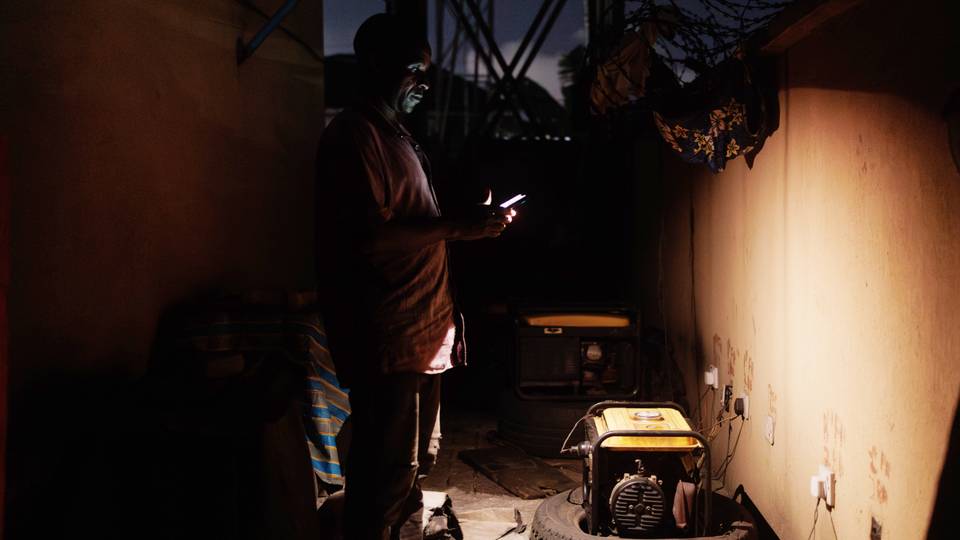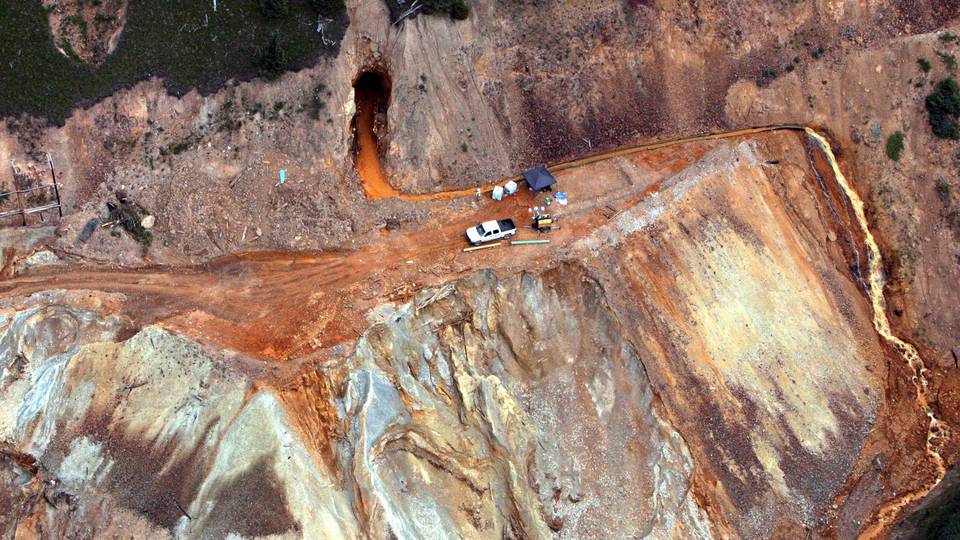Dollar
35,2321
0.02 %Euro
36,7869
-0.09 %Gram Gold
2.955,7800
-0.43 %Quarter Gold
4.923,6800
-0.29 %Silver
33,6300
0.56 %Nigeria has the potential to generate 13,000 megawatts but can only transmit 4,000 megawatts due to weak infrastructure.

The Economic and Financial Crimes Commission (EFCC) has linked Nigeria's chronic power outages to widespread corruption within the power sector.
During a visit by the House of Representatives Committee on Anti-Corruption and Financial Crimes on Tuesday, EFCC Chairman Ola Olukoyede revealed that investigations have uncovered instances of contractors supplying substandard electrical equipment.
This practice has resulted in frequent equipment failures and grid collapses that impacted residents across the country.
Last week, Nigeria's major cities, including Abuja, Lagos, and Kano, suffered blackouts as the country's electricity grid collapsed in the tenth such outage to hit the power system this year.
Poor project executions
Olukoyede told the committee, “As I am talking to you now, we are grappling with electricity. If you see some of the investigations we are carrying out within the power sector, you will shed tears.
“People who were awarded contracts to supply electricity equipment, instead of using what they call 9.0 guage, they will buy 5.0.”
Olukoyede further highlighted the inefficiency in capital project execution, stating that over the past 20 years, less than 20% of projects have been completed.
He stressed the lack of infrastructure development has significantly hindered Nigeria's progress and economic growth.
Corruption cases
The EFCC boss said currently over 20,000 cases related to corruption and financial crimes are under investigation.
Olukoyede urged the Nigerian government to prioritise transparency, accountability, and effective enforcement of regulations to tackle corruption in the power sector.
Grid failures are common in Nigeria, where the power industry suffers from a lack of investment.
Africa’s most populous country has the potential to generate 13,000 megawatts but can only transmit 4,000 megawatts due to weak infrastructure, the transmission company said last year.
Apart from weak infrastructure, armed groups have also sabotaged power supplies.
Last month, the northern part of the country was without power for more than seven days after insurgents vandalised transmission lines, the Transmission Company of Nigeria said.
➤Click here to follow our WhatsApp channel for more stories.




















Comment